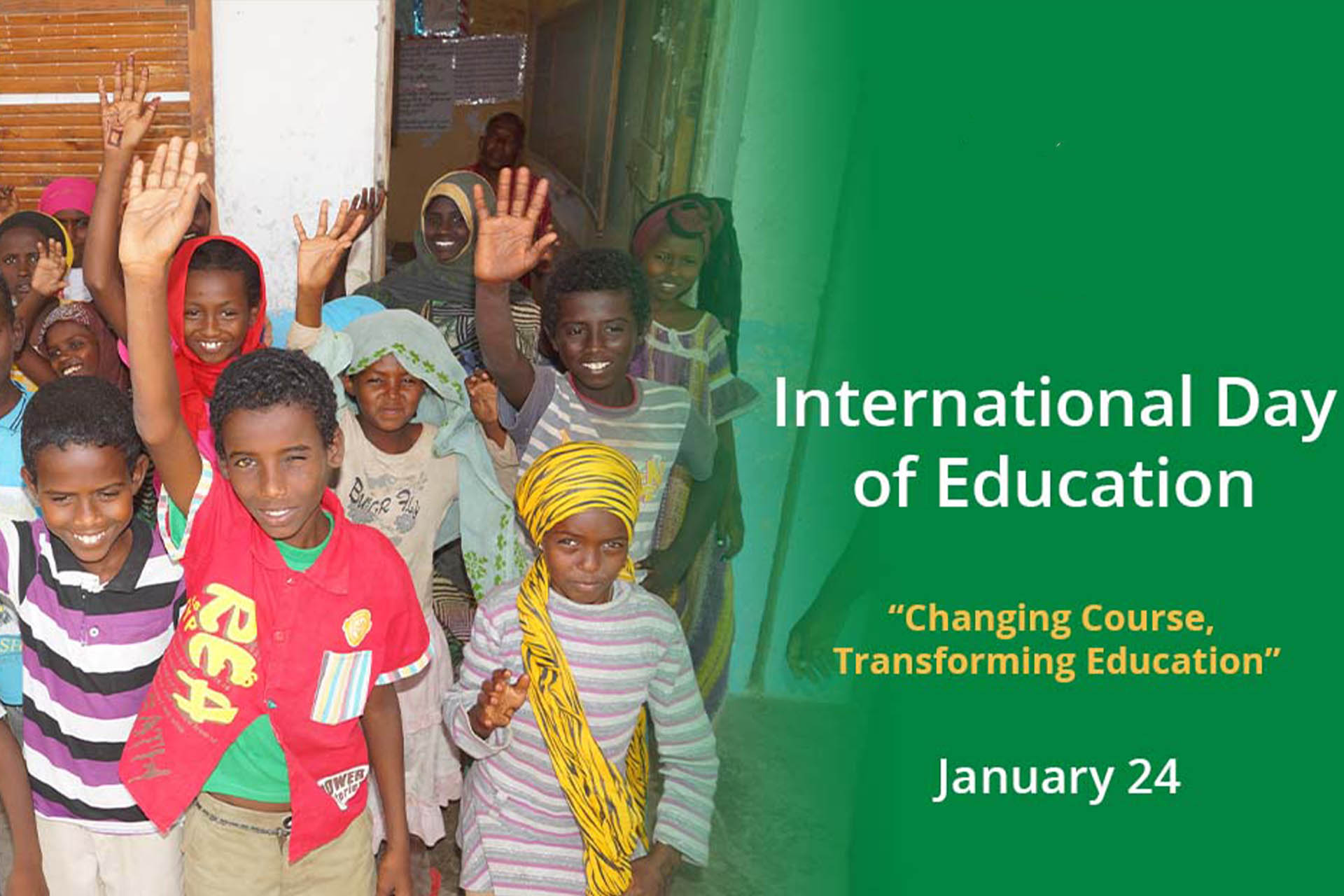OVERVIEW OF THE IGAD REGIONAL EDUCATION PROGRAMME
Introduction
As one of the pillars of the African Union (AU), the Intergovernmental Authority on Development (IGAD) undertakes a wide-range of social development programmes, including Education, Science, Technology and Innovation (ESTI). The IGAD Education Program is guided by continetal initiatives such as the UN Sustainable Development Goals (SDGs); the AU Agenda 2063 especially education related sectoral strategies and IGAD’s own five year strategies. Education and skills development are both the means of achieving other development objectives and important sectors of development in themselves. IGAD aspires to make education a vehicle for regional integration and interstate cooperation.

The IGAD Regional Education Policy
Adopted in December 2018, the IGAD regional education policy framework aims to support the efforts and commitments of member states to ensure accessibility, quality, affordability, equity and relevance. These are to be achieved at all levels and tiers of education. The key priority intervention areas of the Policy Framework include (i) Pre-primary Education and Early Child Development; (ii) Primary and Secondary Education; (iii) Tertiary/Higher Education; (iv) Science, Technology, Innovation and Indigenous Knowledge; (v) Technical and Vocational Education ans Training Training (TVET) and Post-Secondary education; (vi) Teacher Development and Lifelong Learning; (vii) Education for Refugees, Returnees and IDPs; (viii) Gender and Education.
The role of IGAD is complementary to those of member states and other national stakeholders. The overall contribution of IGAD is coordination, policy harmonisation, advocacy, resource mobilisation, tracking of progresses and creating regular platforms to share experiences, lessons, best practices and promote inclusive access to quality education.
The Djibouti Declaration on education for refugees, returnees and host communities
The Djibouti Declaration was adopted in December 2017 by IGAD ministers in charge of education. The IGAD region hosts more than 15 million forcible displaced people, a quarter of which are refugees. The purpose of the Declaration commits member states to ensure inclusive access to quality education for refugees, returnees and host communities. The Declaration emphasizes the need for developing and implementing: (a) regional education quality standards; (b) regional skills development for refugees; (c) Inclusion of refugees into national education systems: (d) accreditation and certification of education programs and (e) financing, partnership and monitoring in support of refugee education.
Over the last three years, IGAD, member states and development partners has been made considerable progress in translating the key commitments of the Djibouti Declarartion into action. Some of these include: development of a roadmap for the elaboration of an regional qualifications framework (RQF); support to member states to develop Costed National Education Response Plans, establishing a regional teacher training program; establishment of the the IGAD Council of Higher Education with and advisory Board; and launching a regional scholarship program to provide inclusive access to higher education among refugees, returnees and host communities. The latter was launched in December 2021 and consitutes one of the flagship programs of IGAD.

IGAD recognises the support and contributions of the core taskforce members and partners of the IGAD education progam, notably, the Government of Germany through GIZ, EU, UNHCR, UNESCO, UNICEF, Education Cannot Wait and Save the Children, World Bank, GPE as well as universiites in the region. Most importantly, IGAD wishes to express sincere appreciations to the various government agencies in member states, in particular the ministries of foreign affairs, education and national refugee agencies.
For further information, please contact:
Kebede Kassa Tsegaye, PhD
Senior Coordinator, IGAD Programs on
Education, Science, Technology and Innovation
P O Box 21207-1000, Addis Ababa
Tel. +251 911 68 37 04
Email: kebede.tsegaye@igad.int

